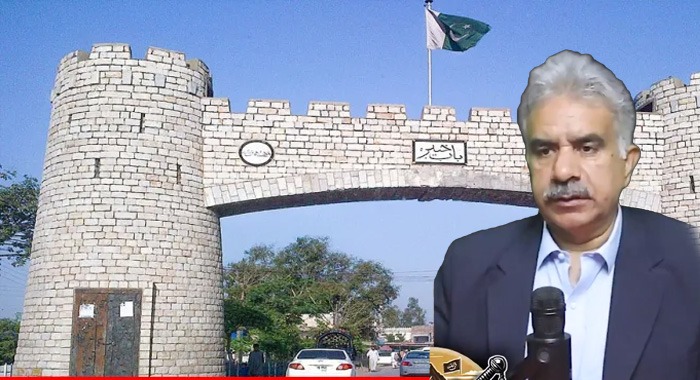In Pakistan’s long and complex political history, no province has borne the brunt of national crises like Khyber Pakhtunkhwa (KP). Yet, despite its sacrifices—military, economic, and social—KP remains structurally deprived of its constitutional and fiscal entitlements. The recent meeting in Peshawar between the Prime Minister and Chief of Army Staff Field Marshal Asim Munir with tribal elders offers hope, but whether this turns into actionable reform or fades into familiar rhetoric remains to be seen.
This province has not just fought Pakistan’s war on terror—it has lived it. From the hills of Waziristan to the streets of Peshawar, KP has stood as a buffer between stability and insurgency. Its police, civilians, and children have paid with their blood while Islamabad debated budgetary allocations. What KP demands today isn’t charity—it’s overdue justice.
The Prime Minister’s announcement to review the NFC Award and Net Hydel Profit formula is welcome, but not new. For over a decade, KP has demanded the rightful 19.6% share of national resources based on its population—yet continues to receive only 14.5%. The province’s rightful dues under the 1991 AGN Qazi formula for Net Hydel Profit remain unpaid. Similarly, the one percent “war on terror” fund—promised in return for KP’s frontline role—remains elusive.
The federal structure, particularly after the 18th Amendment, was supposed to ensure equitable distribution of resources. But what good is devolution when provinces like KP lack the means to sustain their budgets? More than 90% of the province’s finances come from the center, with barely 10% generated through local resources. At the same time, critical development projects under the PSDP were either dropped or deferred—undermining governance in one of Pakistan’s most vulnerable regions.
Add to this the strategic weight KP carries. It shares a porous border with Afghanistan and sits on the frontline of proxy warfare. Security cannot be separated from development. Until we invest in tribal districts, formalize border security through specialized forces, and build institutions, peace will remain a fragile illusion. This is not merely a provincial issue—it is a national imperative.
For the first time in years, the conversation seems to acknowledge this reality. The presence of the Army Chief in the Peshawar jirga, alongside tribal elders and federal leadership, symbolized consensus. More importantly, it represented recognition—recognition that KP is not a backwater but a bulwark, not a burden but a partner in national resilience.
But recognition alone will not pave roads, fund schools, or establish security posts. What matters now is implementation. Committees have been formed in the past. Recommendations have been made. What has been missing is resolve. If the current committee delivers a fair NFC revision, ensures hydel royalties, addresses water rights, and guarantees development funds for merged tribal districts, then the federal-provincial relationship can be rebuilt on trust.
The same spirit must govern our external posture. Afghanistan’s inclusion in regional economic corridors like CPEC and CASA-1000 is a milestone. It opens gates to Central Asia and repositions Pakistan as a regional bridge rather than a barricade. But it also demands vigilance. Afghanistan must ensure that its territory is no longer used for proxy war—especially by Indian-sponsored actors like TTP, BLA, and others. The message conveyed by Pakistan’s military leadership has been unambiguous: respect our red lines, or face the consequences.
The broader geopolitical shifts—UAP rail projects, TAPI pipelines, CPEC extensions—signal an opportunity. But internal unity is a prerequisite for external leverage. That unity begins by treating KP not as a problem to be managed, but as a province to be empowered. It means giving KP the resources, respect, and role it has long been denied.
The people of Khyber Pakhtunkhwa have waited patiently. They have endured wars not of their choosing, suffered neglect not of their making, and shown loyalty that remains unmatched. It’s time their sacrifices translate into dignity, development, and due share.
Because a frontline province cannot be expected to keep fighting on an empty stomach.





